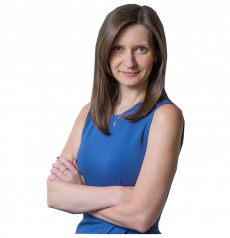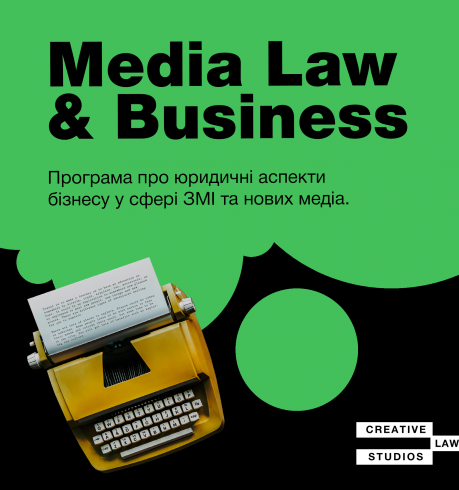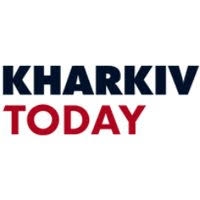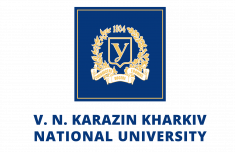
Over the last 20 years, the role of the media and the requirements for journalists have changed significantly. The development of information technologies, the emergence of new media have created new challenges and opportunities for the media industry. Being a professional for media workers today means staying true to high journalistic standards and being able to create quality content, becoming more for readers and listeners than a website, magazine and radio, going beyond traditional editorial formats.
Module 1. Media literacy as a competence of critical autonomy
From definition and understanding to sustainable practices and skills development. «Our eyes only see what our mind is ready to comprehend,» Robertson Davis said. Narratives and media messages, how to learn to analyze. How to explain what to look for without explaining what exactly you should see? Cognitive kaleidoscope, why is media literacy a basic competence? Expertise. Fake. Manipulations. What happens when you don’t know what you don’t know? Cases and recommendations.
Module 2. Information hygiene. Evaluation of the accuracy and reliability of the content.
Analysis of manipulative information technologies in new media and social networks. Markers that can be used to identify false information and destructive content, as well as algorithms for verifying fake information, accuracy and reliability of information. Instances of manipulative technologies and the mechanisms of their action. In addition, special attention is paid to combating misinformation in the context of COVID-19. The lecture is based on the methodology of checking information StopFake and Poynter.
Module 3. New media content formats
Influence of the development of new technologies and media, in particular the emergence and development of social networks, streamers, influences media content, the formation and presentation of news. Positive and negative influence on the formation of quality content. The issue of trust in the media and individual sources of information (bloggers, opinion leaders). Adaptation of texts for different formats and platforms.
Module 4. Advertising and protection of intellectual property rights in the media and digital media
Intellectual property and regulatory norms on the whole chain of production and distribution of advertising in digital and other segments. Identification of relevant risks in such a chain. Providing practical advice on reducing or avoiding them where possible. Particular attention is paid to influencer endorsement as a separate way of promoting goods and services, its regulatory and contractual aspects, comparative analysis of relevant norms of Ukrainian and foreign legislation. Typical anticompetitive actions in advertising are discussed.
Module 5. Journalists’ rights and information right
Rights of journalists. Free access to information, the right to access information, the right to disseminate and verify information. What exactly is a journalist entitled to and how to protect journalist’s rights? Code of ethics for journalists.
Module 6. The right to protection of personal data in the information age
Limits of freedom of information for public figures. Separation of public and private life. Emphasis on the limits of freedom of information established by law.
Module 7. Protection against defamation
How to and whether you should always respond to the humiliation of your honor, dignity and business reputation, which usually occurs in various media, as well as on the Internet.
Module 8. Cybersecurity and data protection in the field of media
Digital security. Realistic risk assessment, best practices in protecting important accounts and means of communication, the problem of rational choice of «safe messenger». General issues and approaches in protecting devices from spyware and viruses.
Module 9. Journalist and Numbers
Life is numbers, especially life during pandemics. Journalists love numbers, yet often misquote or take them out of context. Meanwhile, media consumers are not only factory workers, but decision makers as well. Their views are partly formed by media content, i.e. interpretation of data rather than naked numbers. Based on those interpretations, politicians make their own interpretations – depending on their worldview, imagination and agenda. Then media interpret politicians’ decisions and comment on them. What the factory worker gets in the end?
Module 10. Security and freedom in the digital age
New challenges for the work and freedom of media. Should guarantees of press freedom extend to resources such as WikiLeaks? Is Julian Assange a journalist? Why the accusations against WikiLeaks are in fact a «criminalization of the general practice of journalism» and set a dangerous precedent for media freedom. Role of international non-governmental organizations in protecting media freedom and information in the context of global challenges for the media (the case of CSO «Blue Print for Free Speech»).
Handbook of legal issues in the media industry







